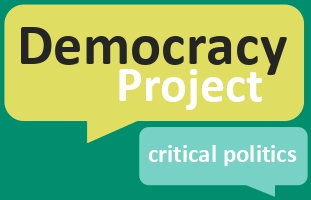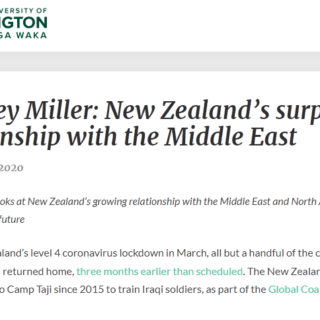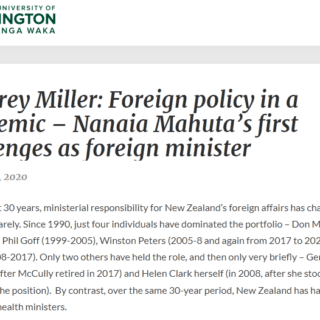New analysis of Nanaia Mahuta’s statements offers clues to her foreign policy agenda
A new analysis by the Democracy Project of Nanaia Mahuta’s public statements and tweets over the past six months reveals some intriguing initial insights into her foreign policy agenda. By the end of Wednesday this week, Nanaia Mahuta had made 31 formal statements or speeches on foreign affairs in her time as minister. On Twitter, she had published 85 original tweets (i.e. excluding retweets of others) on foreign affairs over the same time period. Of the 31 official statements and speeches on the Beehive website, eight statements related to either Australia or the Pacific. Four were concerned with the provision...


